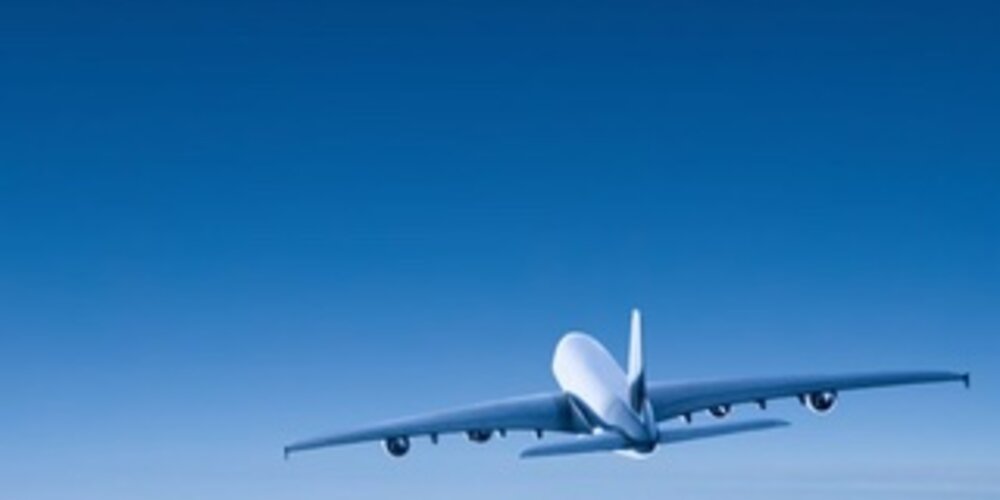A view from the market regarding air charter broker negligence

The air charter broking market is largely unregulated, which causes it to stand apart from the vast majority of other aspects of aviation. Unlike its marine equivalent, there are no standard charter contracts and high value air charters are flown under an array of agreement terms across many different choices of law and jurisdiction. The aircraft types, flight pairs and other contractual details are also many and varied. Accordingly, a broker must deploy skill, experience and diligence to ensure that no mistakes are made.
For an aviation lawyer specialising in dispute resolution, this soup of uncertainty should give rise to significant amounts of work. However, historically the incidences of litigation arising out of air charter contracts has been relatively low. There are a number of factors that have influenced the incidence of charter contract disputes. Clearly, air charter brokers are skilled at solving problems and are, for the most part, diligent in their work. The market, although highly competitive, has also tended to look to resolve potential issues amicably to the good of the flying customer.
However, there is a slow change in this latter approach. The past decade or more has seen a number of changes in the market that have caused margins to thin and brokers and operators to become more corporate in their outlook. As a result, the incidence of disputes that progress to external legal scrutiny is starting to rise.
What can commonly go wrong?
The air charter contract chain is not generally a pure agency - i.e. in most cases the charter broker does not simply organise a direct contract between the flying customer and the operator. Rather, they tend to sit within the contractual chain, either entering into contracts with the operator as agent for the customer or taking a principal position on both sides of the transaction. This gives rise to contractual risk (which in itself is not negligence) and also to a higher risk of negligence on the part of the broker.
Negligent acts typically include:
1. Factual errors, such as booking the aircraft on the wrong day or route, booking an inappropriate aircraft (eg one that cannot fly the proposed charter) or forgetting to arrange WiFi, flight permits or other documentation.
2. Negligently handling payments, such as paying the client’s money away to the wrong party or failing to pay it at all, causing the operator to cancel the flight.
3. Falling foul of data breaches in relation to sensitive customer information.
4. Failing to take note of declared customer medical conditions, such as severe allergies or other conditions that would require care to be taken with the flight arrangements.
5. Failing to handle cargo, baggage or equipment requirements correctly. Examples might include the carriage of dangerous or corrosive goods, or sensitive equipment such as medical or musical instruments.
Most of the time these give rise to a delay or some direct financial loss. Most charter contracts will seek to clarify and limit the circumstances in which a broker will be responsible to their customer for failures to perform their obligations. Not all will be deemed to be negligent for insurance purposes. Indeed, the air charter professional indemnity insurance market remains relatively new and so coverage is not yet widely held. However, the traditionally deep margins that allowed brokers to selfinsure have evaporated and so a growth in the indemnity market is anticipated. This erosion of margin also applies to the operators and, indeed, to all participants in the air charter contract chain.
Accordingly, all parties have gradually become more litigious when things go wrong because there is less financial slack in the transaction.
About the author: Richard Mumford is a specialist aviation lawyer with unique experience of the air charter market. He is a partner at London firm REN Legal. Richard served as Chairman of BACA - The Air Charter Association for the past three years.
- Date
- 29/05/2019





